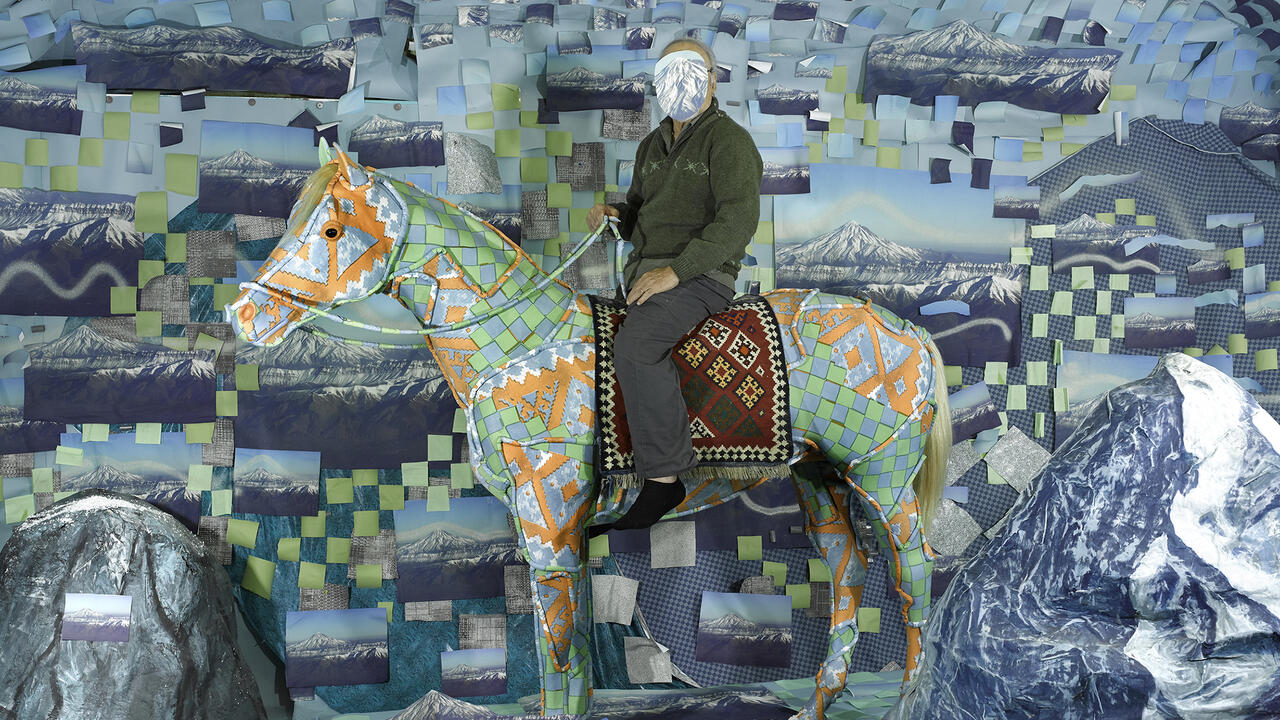Of Time and the City
An interview with director Terence Davies
An interview with director Terence Davies
Trailer for Of Time and the City (2008)
Terence Davies’ cinematic essay Of Time and the City was widely hailed as a masterpiece at this year’s Cannes Film Festival. Although the film, the director’s first for a decade, did not win any prizes, it was recognized as part of the official selection by an honorary special screening. Not unlike Davies’ previous odes to Liverpool, The Long Day Closes (1992) and Distant Voices, Still Lives (1998), the film is a subjective expression of love, disdain and anomie for his home city and indeed himself.
Of Time and the City relies almost entirely on archival footage woven together by the director’s narration. At times tender and scornful, this is an especially brave move in the documentary world, where subjectivity is often equated with some kind of distortion of the essential ‘truth’. It would be reductive to label Of Time and the City a portrait of Liverpool; Davies stresses that, ‘it’s about age and mortality. It’s a different way of dealing with all those things which are important to me: the nature of time, the nature of mortality and the transience of life.’
Davies opts for the evocation of a specific feeling over didacticism: the feeling of oppressive Catholicism; the bodies of young men being brought back from the Korean War; the modest futility of a bereaved elderly woman. For Davies, modernity is characterized by different forms of loss: back-to-back housing replaced by tower blocks; classical music giving way – in the final shots of the film – to short-skirted teenage girls drinking alcopops.
This ‘feeling’ is induced by the claustrophobic collage of narration and archive footage juxtaposed with the graininess of Davies’ disillusioned voice. In one impossibly touching moment, Davies recounts the moment a male friend placed an arm around his shoulder at a bonfire celebration. We hear the narrator pleading for this one sincere moment to last a little longer – but then the moment is gone.
The closest experiences I’ve had to watching Of Time and the City are Johan Grimonprez’s Dial H-I-S-T-O-R-Y (1998) and Bruce Weber’s A Letter to True (2004). These films place a similar importance on feeling and humanism, provoking an intense reaction that somehow liberates the viewer from immediate thought. As Davies explained: ‘I’m not interested in what happened next because that’s not interesting. I’ve always been more interested in what happened emotionally next because that’s something that is visceral and its associative, like music is.’
Davies has never cited Weber, Grimonprez, or in fact any contemporary documentary-maker as an inspiration. His only acknowledged influence has been Humphrey Jennings’ Listen to Britain (1942): ‘It was my template because it’s not linear it’s impressionistic, its not about memories as such – it’s just impressionist.’ Werner Herzog’s notion of ‘ecstatic truth’ is possibly the most useful way to approach Of Time and the City‘s intangibility. Both directors have equally cynical relationships with the idea of truth, and truth in their films often resides somewhere other than in the factually correct. Herzog has argued that: ‘There are very deep strata of truth inherent in cinema which we have almost stopped asking for. I seek a deeper truth than the cinéma vérité truth which only scratches the surface. Fact creates norms, and truth illumination.’
We see this philosophy conveyed in the German director’s Lessons of Darkness (1992). The centrepiece of Massimiliano Gioni’s current ‘After Nature’ group show at the New Musuem, the documentary is primarily concerned with the aftermath of the Gulf War and the power struggle for oil that ensued. Where other film-makers may have delved in to the political and economical factors of this issue, Herzog adopted a technique of absurdist film-making that re-contextualised the situation.
Of Time and the City perhaps wouldn’t have been possible without the funding that Davies received because of Liverpool’s status as this year’s European Capital of Culture. (The film was produced on a modest budget of £250,000, granted by North West Vision and Media in celebration of the 2008 Capital of Culture scheme.) Without this, we may have had to wait another ten years before one of Davies’ scripts was commissioned, leaving us with a plethora of yet more safe documentaries such as James Marsh’s recent Man on Wire (2008) which favoured reenactment over metaphor.
The British film industry does not easily give birth to awkward films and Davies knows it: ‘That’s the hardest thing of all; when 25 year olds who know nothing tell you how to write a script.’ It’s time that the British film industry wholeheartedly embraced its talented film-makers rather than playing it safe. Tellingly, when I asked Davies if he had been influenced by the work of Bruce Weber he simply replied, ‘I don’t know who he is – I’m afraid that cinema has lost its magic for me.’















